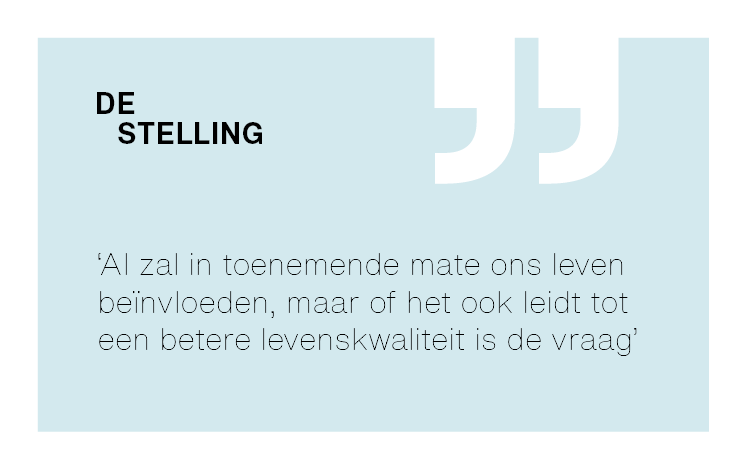Text Ning Fan
PhD candidates explain the most thought-provoking proposition in their thesis. This time it’s Martina Lazzarin, who received her PhD on 2 June. She investigated the role of far-red light in plant photosynthesis and photoprotection under artificial solar irradiance.
‘ChatGPT greatly helped me with the programming aspect of my PhD research. It could easily provide me with solutions to programming problems that had eluded me for hours, or identify errors that I couldn’t spot on my own.
I believe that AI tools like ChatGPT have huge potential and are genuinely useful, but I doubt whether they can truly improve our quality of life. Yes, AI tools can help us work more efficiently, but we often fail to consider the consequences of such improvements. Work is always present. Once you’ve completed a task quickly, it’s very likely that your manager will give you more tasks. That’s why I don’t think AI will lead to a better work-life balance in the long run.
Nevertheless, I cannot deny the immense satisfaction I got from ChatGPT. When I had to travel to Italy for my thesis, I discovered that the program was banned there. Seeking a solution, I turned to ChatGPT — it ingeniously provided me with a workaround on how to make itself usable in a country where it is banned.’



